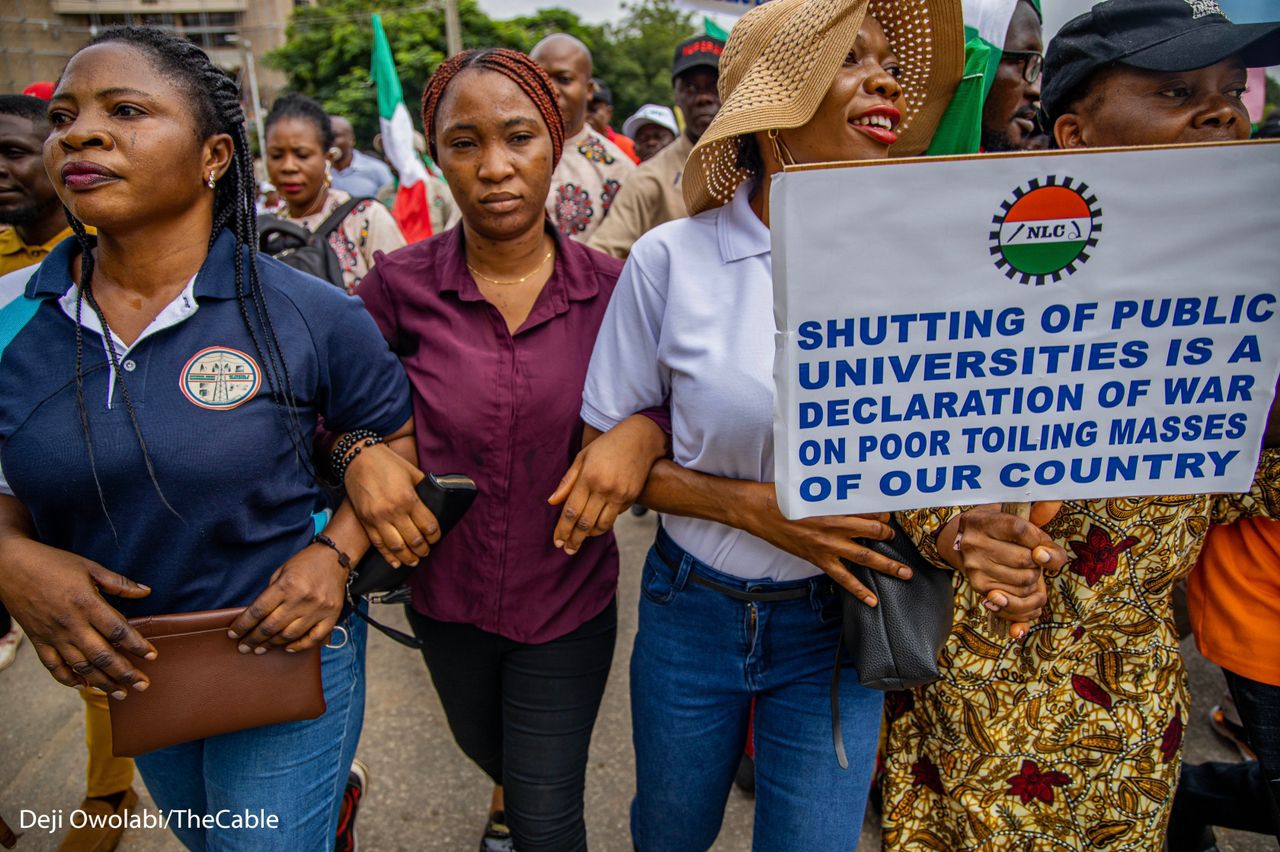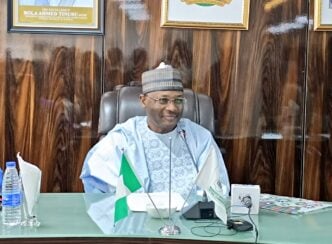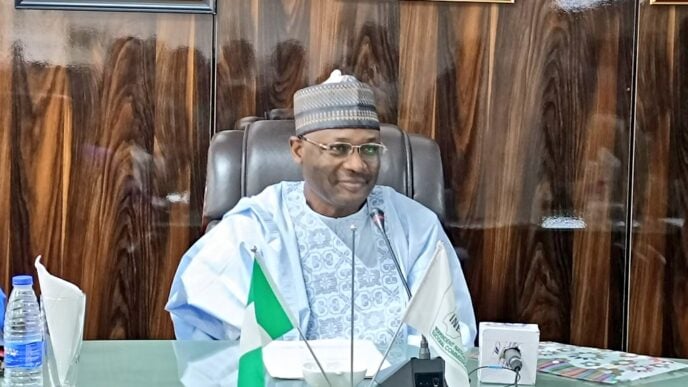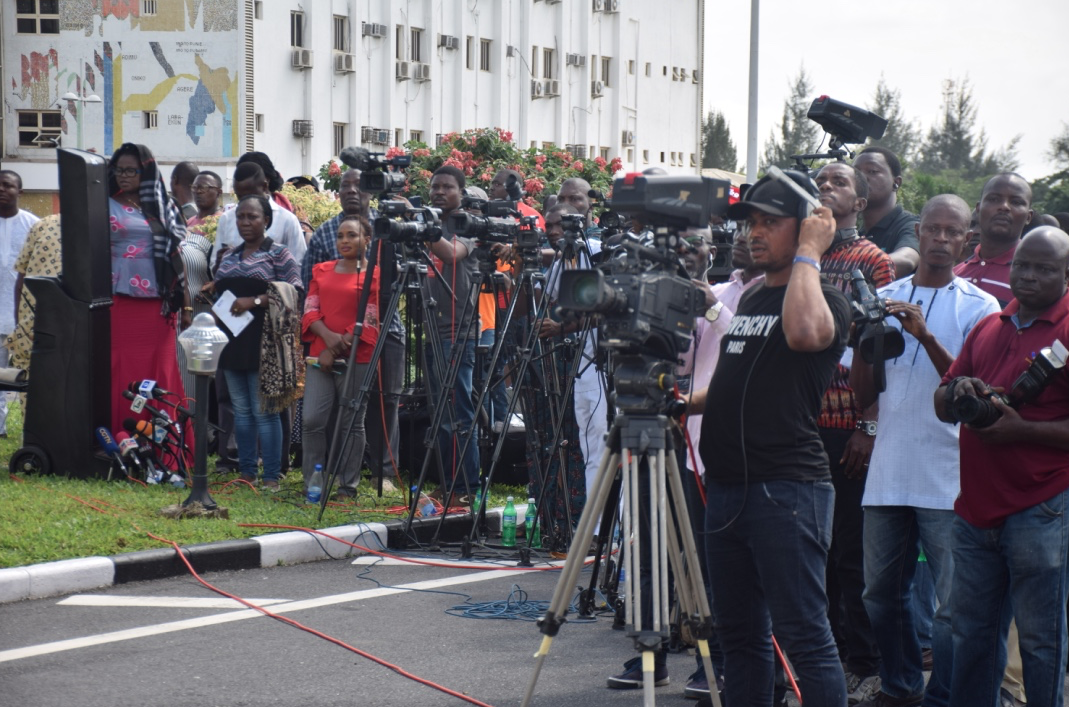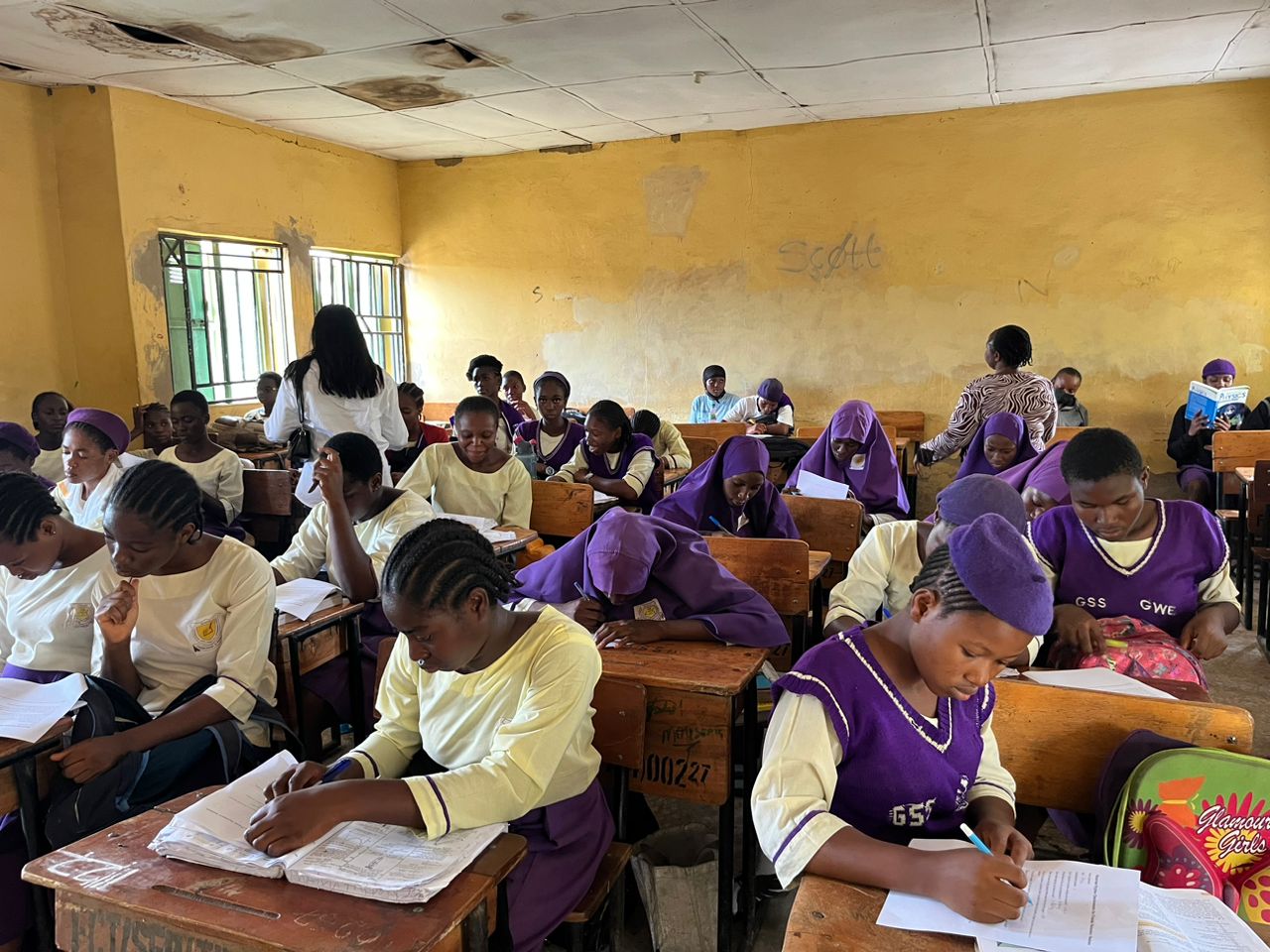The Canadian government said the immigration plans will be for economic, family, refugee, and humanitarian classes.... Photo credit: Bellissimo Law Group
BY LEKAN OLAYIWOLA
Few phrases capture the Nigerian mood like “Japa”. Once slang for escape, it has become a national ethos — a shorthand for broken trust between citizens and the state. To “japa” is not just to leave; it is to resign from the social contract. Between 2020 and 2025, this quiet rebellion has redrawn Nigeria’s demographic map and moral imagination.
According to the UN DESA, the number of Nigerians living abroad rose from 1.24 million in 2015 to nearly 1.7 million by 2023, a 37% surge. But the real story lies beneath: the NESG reports that skilled migration quadrupled between 2019 and 2023.
IRCC noted that Canada alone admitted over 51,000 Nigerians as permanent residents during this period, compared to just 4,090 in 2015. The UK granted over 141,000 study visas to Nigerians in 2023, more than any African country. This is not mere wanderlust; it is an index of systemic failure.
Advertisement
LOVE, LOSS AND LONG-DISTANCE NATIONHOOD
If emigration tells one story of exit, remittance tells another, one of reluctant attachment. The World Bank’s 2024 Migration and Development Brief estimates that Nigerian diaspora remittances hit $19.5 billion in 2023, up from $17.2 billion in 2020 and $22 billion pre-pandemic (2019). Nigeria alone accounts for nearly 40% of all remittances to Sub-Saharan Africa.
But this money is more than economic oxygen. It is a political mirror. Each dollar sent home is both an act of love and an indictment of governance. The diaspora is doing what the government should: cushioning poverty, funding education, building houses, and paying medical bills.
Advertisement
In Lagos, Ibadan, and Enugu, real estate developers now design “diaspora-ready” estates with dollar pricing. What should have been a gesture of solidarity has become a structural substitute for public service.
Nigeria’s remittance boom is not a mark of economic success but a humanitarian bailout by citizens abroad. Diaspora money keeps families afloat but also props up complacent institutions that should be embarrassed, not relieved. While the state loses its people, it gains their income.
VIEW FROM ABROAD
Among Nigerians abroad, patriotism has become a negotiation. Many still invest, visit, and dream of returning, but with an emotional firewall. From London to Toronto, one hears the same refrain: “I love Nigeria, but Nigeria does not love me.”
Advertisement
A 2023 SBM Intelligence survey found that three in four Nigerians abroad would return if job opportunities, electricity, and safety improved. Yet, trust in government remains the lowest in Africa’s top ten economies, according to Afrobarometer.
The emotional geography of the diaspora is complex. Those in North America and Europe grapple with racial inequities and overwork, while West African migrants in Ghana, South Africa, and Côte d’Ivoire navigate resentment and visa insecurity. But across regions, one common thread runs deep: the fear of coming home to stagnation.
REGIONAL LOGICS OF FIGHT
The Japa phenomenon isn’t evenly distributed. It mirrors Nigeria’s uneven development map:
Advertisement
South-west: The epicentre of skilled migration — doctors, tech professionals, and academics leaving en masse. Lagos and Ogun account for over 40% of migration-linked passport applications, according to NIS data.
South-east: Driven by insecurity and poor federal presence, migration here has deep historical roots. Remittances from Anambra and Imo rank among Nigeria’s top per capita inflows.
Advertisement
South-south: Oil wealth has not translated into opportunity; youth flee environmental degradation and corruption fatigue.
North-central: Rising insecurity and climate shocks push farmers and artisans to seek stability abroad or in safer cities.
Advertisement
North-east: Conflict-induced displacement remains severe; over 2 million internally displaced persons, some moving across borders into Niger and Chad.
North-west: A mix of rural poverty and banditry drives irregular migration through the Sahel corridor toward Libya and the Mediterranean.
Advertisement
Each region is not just exporting labour; it’s exporting disappointment in a state that cannot guarantee safety or dignity.
WHY PEOPLE LEAVE: GOVERNANCE, NOT GREED
Government narratives often moralise the japa wave, accusing youth of impatience or lack of patriotism. But data tells another story. Nigeria’s youth unemployment rate hit 53.4% in 2023 (NBS).
Inflation hovers above 20% in mid-2025, eroding purchasing power. Power outages averaged over 4,000 hours per household per year, and security agencies recorded nearly 7,000 abductions nationwide in 2023 (ACLED).
Leaving, then, is not rebellion; it is survival. When a graduate nurse earns ₦80,000 monthly and the same skill earns ₦1.2 million in the UK, patriotism becomes a luxury.
BRAIN DRAIN AS GOVERNANCE DRAIN
WHO estimates that more than 15,000 Nigerian doctors now practice abroad, a figure higher than the total number working in Nigeria’s federal health system. In education, ASUU reported that over 50% of lecturers under 40 have applied for foreign positions since 2020.
But brain drain is not just loss of skill; it’s the erosion of institutional memory. Every doctor, engineer, or lecturer leaving weakens mentoring chains and hollows out reform capacity. No reform plan can succeed when its implementers are in Ottawa or Birmingham.
WHAT TURNAROUND NATIONS TEACH
Ireland, once Europe’s biggest exporter of talent, reversed the trend through tax incentives for returnees and heavy investment in education and innovation. India turned its IT diaspora into a global asset by creating re-entry pathways and entrepreneurship hubs. The Philippines institutionalised diaspora remittance through policy banking and skill certification.
For Nigeria, the lesson is clear: treat migration not as betrayal, but as a development partnership. Incentivise knowledge transfer, not just cash inflow. Build “returnee fellowships” that reintegrate skilled Nigerians into governance and business.
People don’t just leave bad economies; they leave hopeless politics. Nigeria must make staying viable through dignity-based governance: housing policies that protect renters, not speculators; education reform that restores value to local degrees; and job creation anchored in renewable energy, digital infrastructure, and agro-industrial clusters.
NIDCOM’s diaspora summits show that the state recognises the power of Nigerians abroad, but recognition is not reintegration. Beyond symbolic homecomings, NIDCOM could evolve into a genuine “Diaspora Knowledge Exchange Platform,” connecting Nigerian experts overseas with universities, startups, and ministries through short-term fellowships and innovation residencies.
FROM JAPA NATION TO AFRICA’S GIANT
The true measure of governance is not GDP but whether people want to stay. Nigeria’s greatness will not return by nostalgia or slogans. The Giant of Africa can only rise when its citizens stop seeing exit as the only escape from despair. But this requires a new moral compact that makes governance emotionally intelligent again.
Remittances show Nigerians haven’t stopped believing; they’ve simply stopped waiting. To turn that belief into nationhood, leaders must prove that home is still worth staying for. Until then, every departing flight from Lagos is not just a migration, but a referendum on leadership.
Lekan Olayiwola is a peace & conflict researcher/policy analyst. He can be reached via [email protected]
Views expressed by contributors are strictly personal and not of TheCable.

